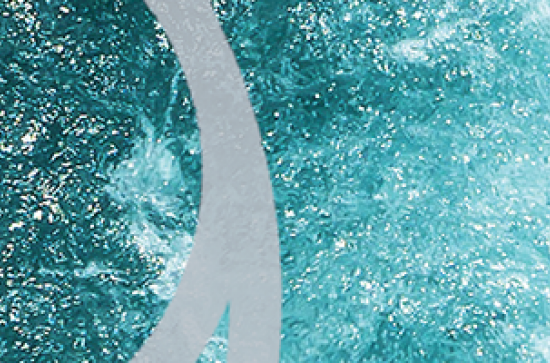
The Hamilton Institute and Kathleen Lonsdale Institute for Human Health Research will co-host a seminar:
Speaker presenting remotely
https://us02web.zoom.us/j/88018185733?pwd=OEcxb2ZSYUwzV2hWTE9wcE1yTWRUQT09
Passcode: 279596
Speaker: Professor Cathal Seoighe, National University of Ireland Galway
Title: "The contribution of immunoediting to the profile of somatic mutations observed in human cancers"
Abstract: The idea that the immune system plays a key role in preventing cancer through the recognition of non-self antigens expressed by tumours as they develop (referred to as the cancer immunosurveillance hypothesis) goes back to the middle of the last century. Initially receiving strong support through experiments on inbred mice, it was abruptly abandoned when key predictions concerning increased cancer risk in immune defective animals were not realized. More detailed animal experiments as well as observational data from humans revived the theory towards the turn of the century, lending relatively conclusive support and paving the way for the development of immune-based cancer therapies. A corollary of this theory is that cancers that develop successfully do so because they are capable of evading the immune response. This phenomenon, referred to as immunoediting, can be observed experimentally in the reduced proliferative potential of cancer cells that are transplanted from immune incompetent to immune competent mice and observationally in the frequency of cancer driver mutations that enable cells to evade the cellular adaptive immune response. Consistent with the immunoediting theory, two high-profile papers proposed that cancer driver mutations arise in HLA-dependent gaps in the capacity of the patient immune system to present the resulting neoantigens. We re-evaluated the evidence for this hypothesis and found that it is the result of incorrect statistical modelling assumptions. Furthermore, we show, through an analysis of data from the UK Biobank, that an important prediction of this hypothesis relating to increased cancer risk in individuals with lower capacity to present cancer driver mutations is not met. Our results indicate that the profile of immunogenic somatic mutations in cancer can be explained by mutation signature activity alone, without any contribution from immunoediting. Surprisingly, although tumour mutation burden is predictive of the success of immune checkpoint inhibitor therapies, there is no evidence that same is true for the success of immunosurveillance in cancer prevention.
Bio: Cathal Seoighe is Professor of Bioinformatics in the School of Mathematical and Statistical Sciences at NUI Galway and Director of the SFI Centre for Research Training in Genomics Data Science. He obtained an undergraduate degree in Theoretical Physics and a PhD in Bioinformatics, both from Trinity College Dublin. He worked subsequently at the South African National Bioinformatics Institute and at the University of Cape Town, before returning to Ireland as an SFI Stokes Professor. Current research interests include somatic and germline mutations in human, genetic contributors to variation in gene expression and other molecular phenotypes and development of statistical methods and computational tools for the analysis of genomics data.
